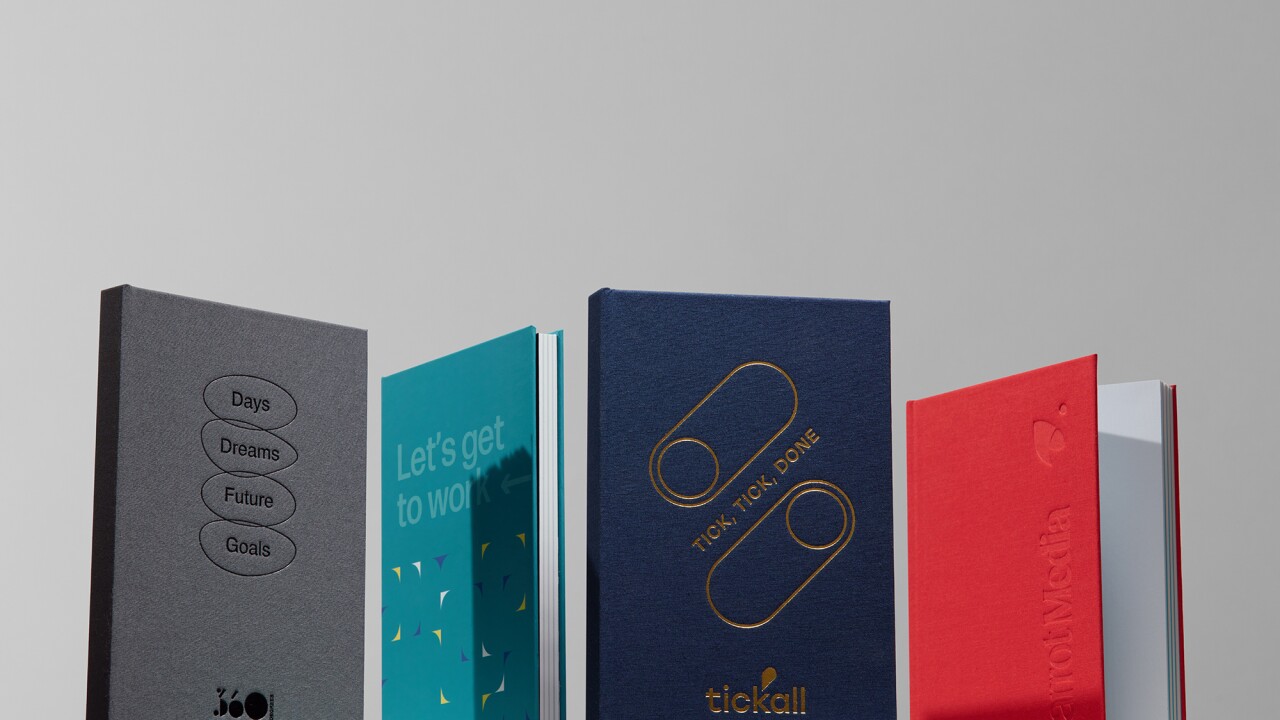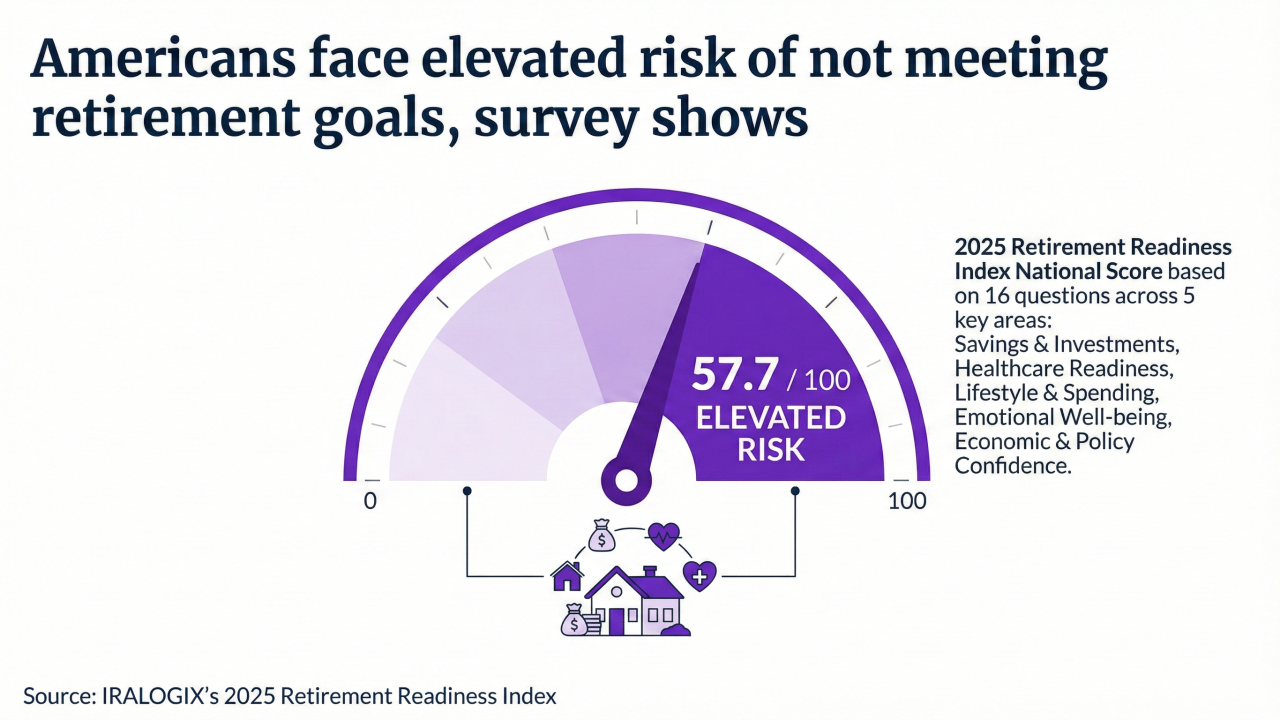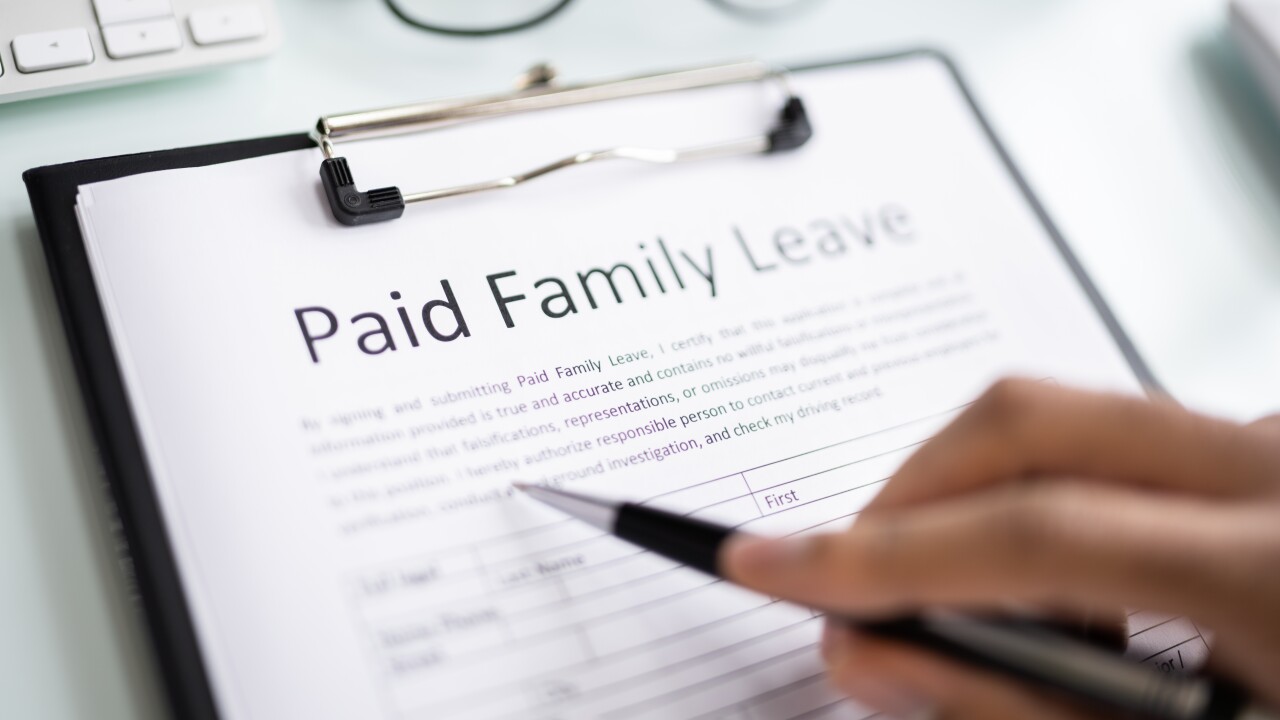Today's employers are being tested
With four generations currently in the workplace, from Gen Z to Baby Boomers,
According to a new report from background screening platform Checkr, benefits are playing a central role in this ever-changing employee-employer relationship. Sixty-two percent of employees report they would turn down a high-paying job if the benefits didn't support their lives outside of work. This reflects a profound shift in values: While salary still matters, employees are not willing to sacrifice their quality of life in the process.
"Employers should invest in what employees care about the most," says Sam Radbil, research specialist at Checkr. "Employees want to know that their employers care about them as a person."
Read more:
Health and wellness benefits are foundational
Health and well-being are the foundation of these efforts: According to Checkr, more than half of all workers say they would consider leaving their current job if
The demand for flexibility is just as pronounced across all generations. An overwhelming 81% of employees — including 89% of Gen Z — believe companies should offer more flexible hours to better support parents and caregivers. Flexibility is no longer viewed as a perk, but as a basic expectation of a modern employer.
Despite this growing emphasis on benefits that support work-life balance, financial stability still holds considerable weight. A solid 67% of respondents, including 71% of Baby Boomers,
Perks vs. priorities: What matters most in 2025
How employers offer these benefits can make a difference in recruitment and retention, as well as the productivity of their teams. The modern workforce is no longer swayed by surface-level perks like free snacks, ping-pong tables, and happy hours, Checkr's data found. In fact, more than half of respondents (55%) believe most workplace perks are designed to encourage longer hours — not improve quality of life. This sentiment is strongest among Gen Z (66%), a generation especially
For the majority of workers, 70% say they would trade most in-office perks for one guaranteed paid mental health day each month. Gen X (73%) and millennials (70%) lead the charge, signaling a shift in how employees define true value at work. Additionally, 80% believe companies should focus more on pay equity and workload balance than culture perks.
Read more:
And when those perks don't address real-world problems, like childcare, healthcare or cost of living, 71% of respondents say they're performative at best and ultimately unappealing. This belief spans generations, with particularly strong agreement from Gen Z (73%) and Gen X (71%). Instead, employees are looking for holistic compensation packages that address their health, family responsibilities, and financial security — on their terms.
"Employers need to shift away from benefits that look good on paper, like catered lunch, and focus on benefits that actually support employees' lives," Radbil says. "Ultimately, perks should feel genuine and authentic."
Organizations that invest in flexible scheduling, robust wellness programs, mental health support, and inclusive family benefits will stand out in a crowded talent market. These offerings are no longer "nice to have" — they're deal-breakers. By recognizing benefits as a core driver of employee experience, companies can foster deeper engagement, reduce turnover, and build cultures rooted in trust and relevance.
"Nearly half of all respondents say they would leave a job with great culture and flexibility if another company offered 20% more pay," Radbil says. "For employers, this data is a reminder that culture does not always compensate for compensation and support — real trust is built through fairness and follow-through."






